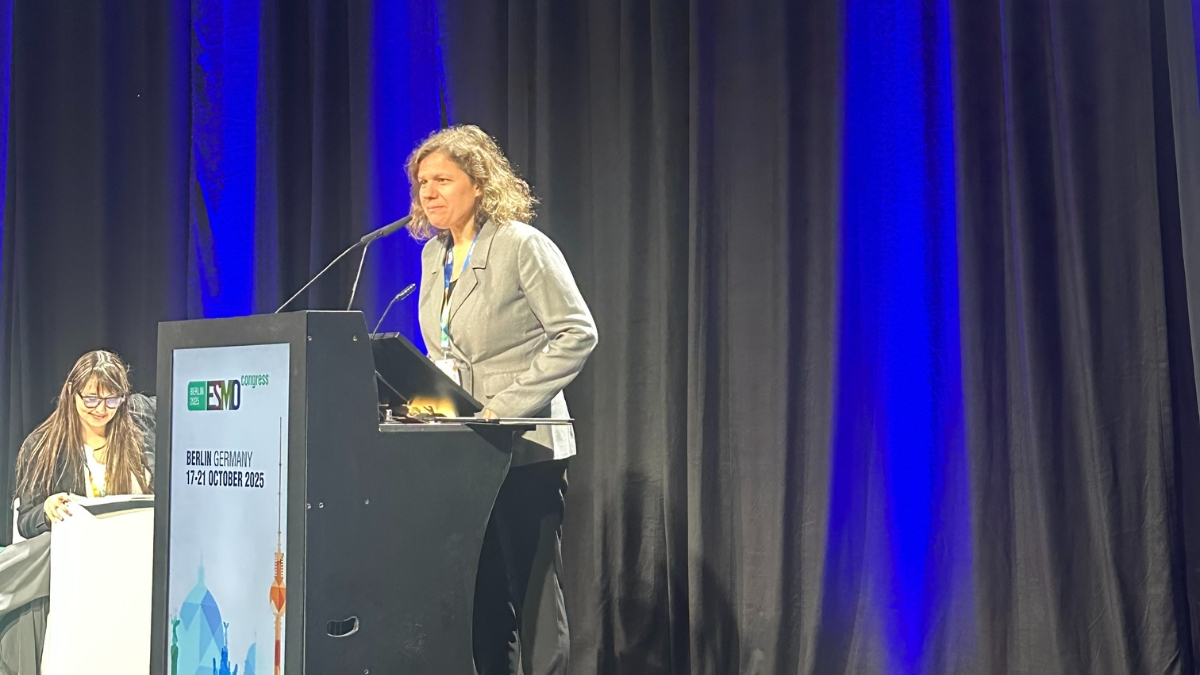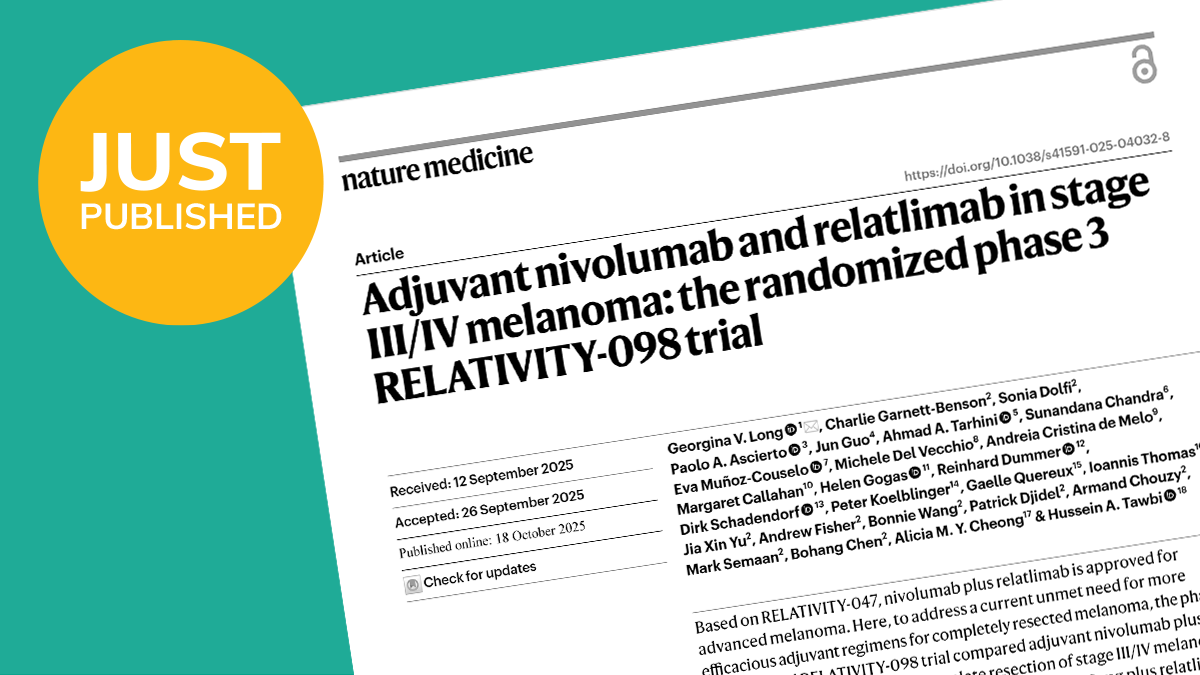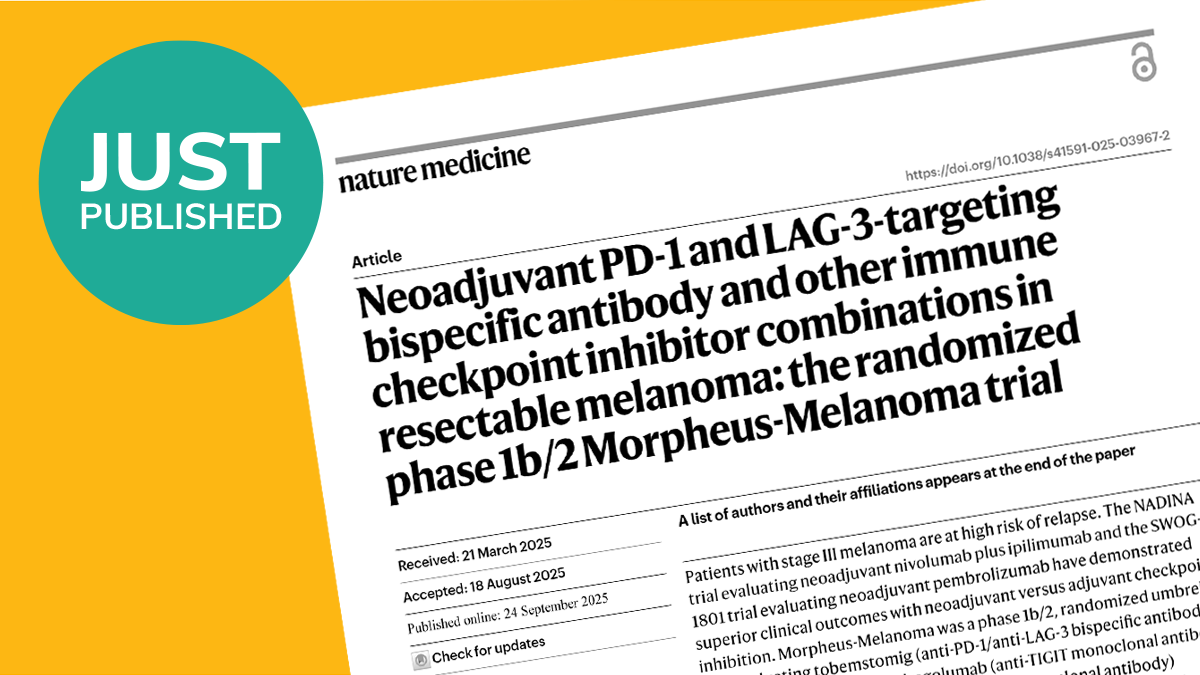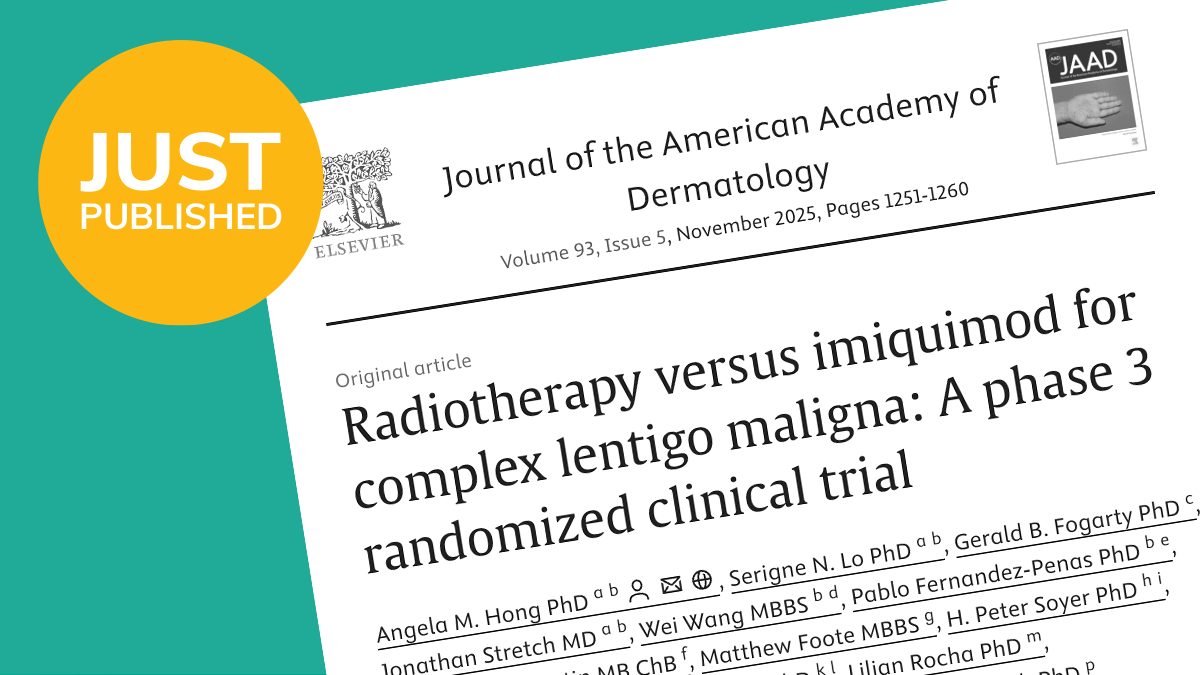Sydney Health Partners’ goal is to ensure world class research is successfully implemented & scaled-up to benefit patients & wider society.
Melanoma Institute Australia (MIA) has joined Sydney Health Partners, becoming the 16th health organisation and 11th Medical Research Institute in the growing Partnership.
MIA is a nationally-affiliated network of melanoma researchers and clinicians based in Sydney at The Poche Centre– the world’s largest melanoma research and treatment facility.
The membership builds on MIA’s existing affiliations with four founding members of Sydney Health Partners – the University of Sydney, and Sydney, Northern Sydney and Western Sydney Local Health Districts.
Sydney Health Partners’ Executive Director, Professor Don Nutbeam, has welcomed MIA, saying “culturally there’s a great fit between Melanoma Institute Australia and what we are aspiring to achieve across the health system with our health partners.”
“Like MIA, we seek a faster, better fit between the world class research that’s going on across all our Partners, the quality care we are looking to deliver to our patients and the public benefit that we are trying to deliver to wider society.”
Co-Medical Director of MIA, Professor Georgina Long AO, says Melanoma Institute Australia shares Sydney Health Partners’ focus on more rapidly translating research evidence into patient benefit.
‘You can have great ideas, but you’ve got to test the ideas and ultimately, if the idea is worthwhile and impacts outcomes for patients then you’ve got to make sure that gets introduced to the rest of Australia and the rest of the world.’
According to MIA Co-Medical Director, Professor Richard Scolyer AO, it’s vital that MIA does more than just find answers to the clinical questions that arise when treating patients.
‘We are the largest melanoma treatment centre in the world and because of that we see patterns and there are questions that come up that need to be addressed,” he said. “So, when we find answers to those questions, we are committed to implementing changes to get better outcomes for our patients.’
Professor Nutbeam says that while MIA will hopefully benefit from collaborating with a wider community of research translators, the Institute has just as much to offer the Partnership.
‘I think that because of their track record and experience they have a fair bit to teach us about how to get this right and get the closest possible connection between outstanding research and great clinical care.’
Sydney Health Partners is accredited by the National Health and Medical Research Council as an Advanced Health Research and Translation Centre.
Commencing operations in 2016 with 14 members, the Partnership subsequently welcomed the Kolling Institute of Medical Research in 2019.
With the addition of Melanoma Institute Australia, Sydney Health Partners is now one of the largest academic health science centres in the world.
Collectively, the Partners provide care to 2.7 million people, representing more than 10 per cent of the Australian population.
Sydney Health Partners’ goal is to demonstrate that new evidence-based interventions can be successfully implemented and scaled-up in large and diverse health systems.
‘Since Sydney Health Partners’ establishment, the health system’s need for better research translation has only become more obvious,’ said Professor Nutbeam.
‘So, we were really delighted when the MIA contacted us to become partners with Sydney Health Partners.
‘They exemplify a lot of the things we are trying to get right in our health care system – outstanding world class research being connected to patient care as quickly and efficiently as possible.’
Professors Long and Scolyer describe joining Sydney Health Partners as ‘a fantastic opportunity to work with people with the breadth of experience, knowledge and skills to have those research findings implemented.’
‘To make things happen you need policy, you need energy and you need advocacy – and that can only be done when you bring the right groups of people, with different skills sets, together.’
Read more about Sydney Health Partners here





